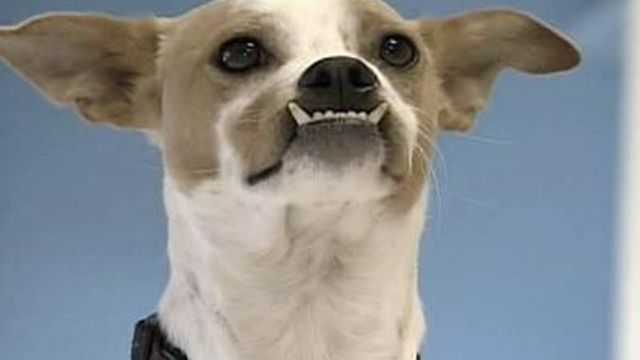Pup's Surgical Success Owed to Solution Devised by NCSU
Doctors at North Carolina State University hope that surgery they performed on a pint-sized pup could eventually help humans, as well.
Posted — UpdatedPez, a beagle with a big, toothy grin and plenty of energy, arrived at N.C. State's School of Veterinary Medicine in September with a big problem: a large hole in the roof of his mouth that made it hard to eat or and drink.
N.C. State's School of Engineering teamed up with the veterinarians to create a titanium plate to cover Pez's hole.
"This was a new case for us," Dr. Ola Harrysson, with N.C. State's School of Engineering, said. "This was something that we hadn't done before."
Engineering students used computed tomography (CT) scans to create three-dimensional computer images, and then physical models, of Pez's head.
Veterinarians used the models to practice the surgery, tweaking the methods to ensure a perfect fit before Pez reached the operating table.
"When you can rehearse a surgery, then you have less complication," Dr. Guillaume Chanoit, with N.C. State's School of Veterinary Medicine, said.
Pez rebounded well from the surgery, becoming playful, happy and healthy again, Chanoit said. Pez, whom Sound Pet Animal Rescue found, was living with a foster family while he recovered.
"We are very, very surprised by how fast the healing in the mouth is going on," Chanoit said.
Doctors believe that the pint-sized pup's successful recovery from the cutting-edge surgery could have a big impact on the treatment of animals. N.C. State's School of Veterinary Medicine has already lined up new patients for similar operations, veterinarians said.
"We think there is a tremendous amount of dogs that can benefit from that type of surgery," Chanoit said.
Professors with N.C. State's School of Engineering believe the impact of the surgery might also be felt by humans, such as troops wounded in Iraq.
"This gives us confidence to move on and offer this to humans as well," Harrysson said.
The engineering and veterinary schools at N.C. State have teamed up on other projects, including creating prosthetic limbs.
• Credits
Copyright 2024 by Capitol Broadcasting Company. All rights reserved. This material may not be published, broadcast, rewritten or redistributed.





